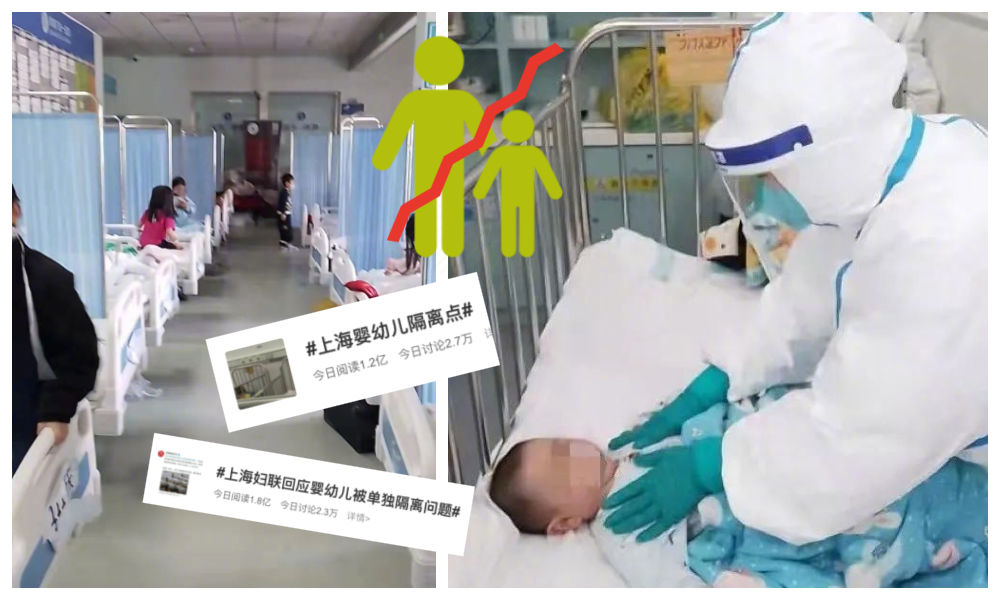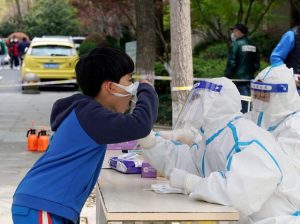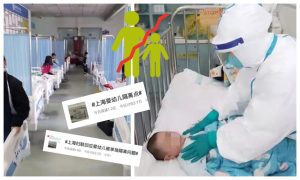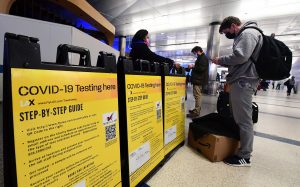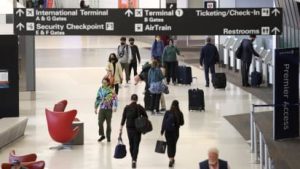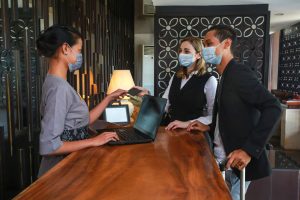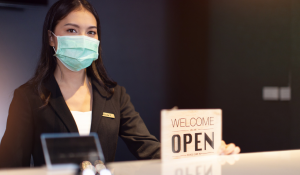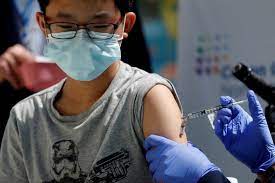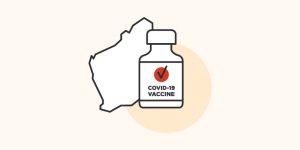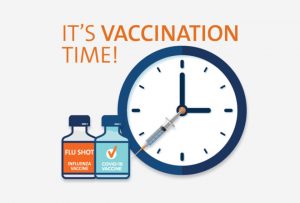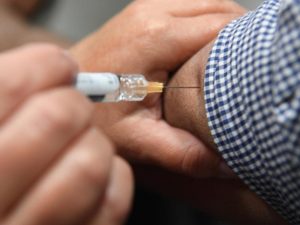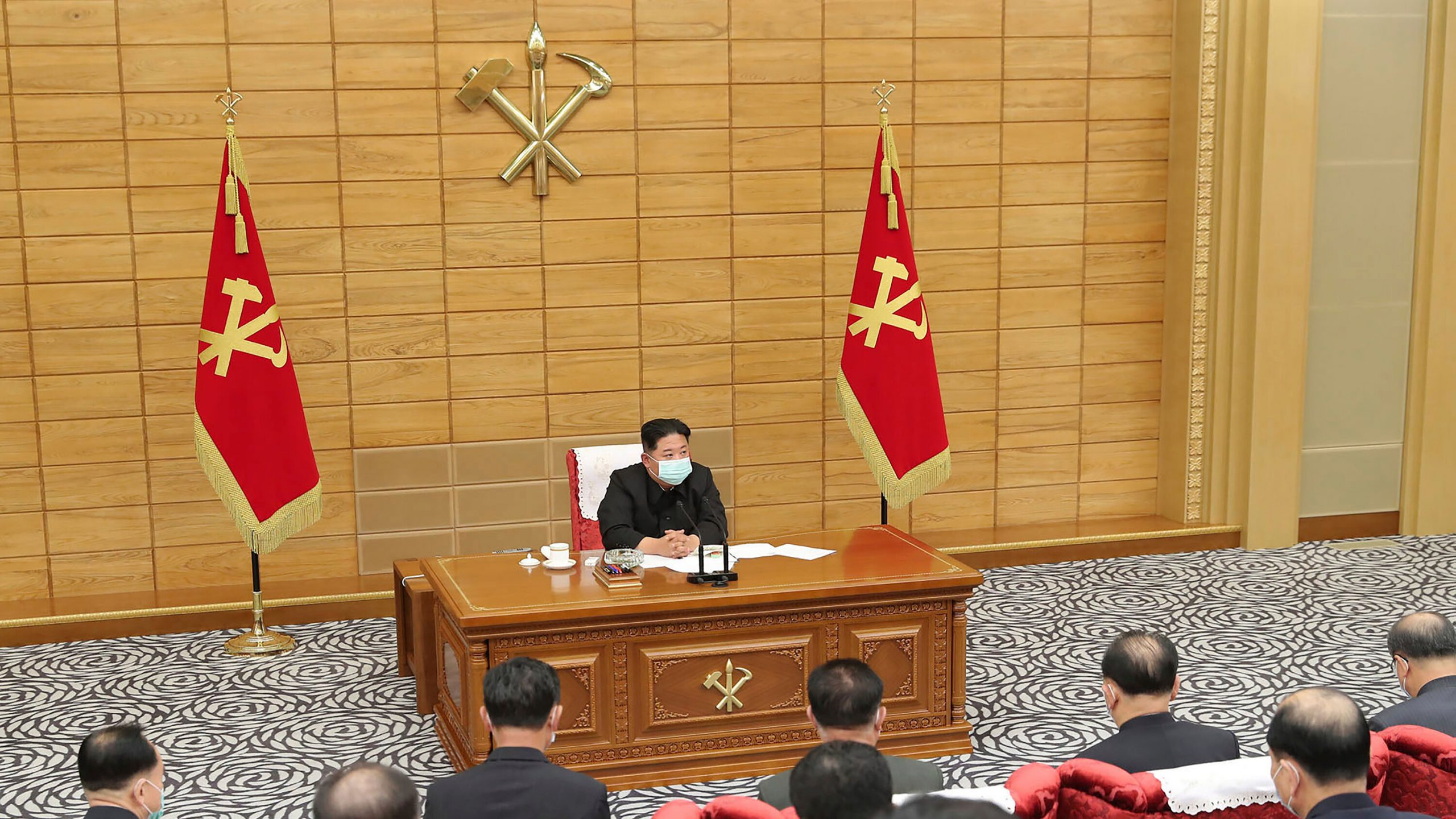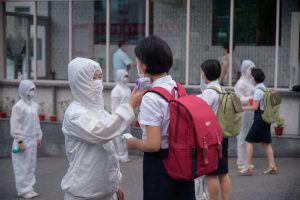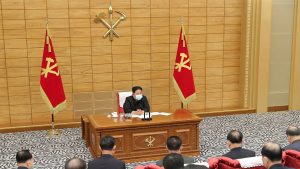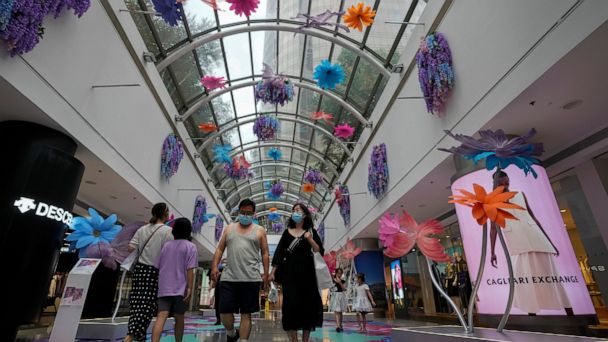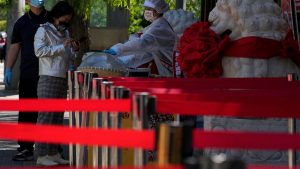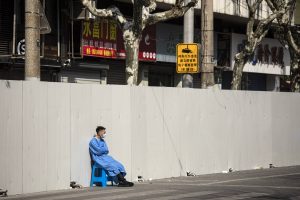1 Professor Turnell detained in Covid Myanmar
Professor Turnell was a long-time adviser to Myanmar’s civilian leader Aung San Suu Kyi, who was overthrown by the military on February 1.
He was arrested five days later and was later accused of breaching the country’s official secrets acts.
Professor Turnell’s wife Ha Vu took to Facebook on Sunday evening to issue another plea to Myanmar’s military junta to release him.
“The Delta variant has reached Insein [jail] and my husband has experienced cold and flu symptoms for a few weeks. His health is at tremendous risk,” Ha Vu wrote on Facebook.
“Sean’s father … doesn’t have long to live. Sean knows this and he is devastated. He is very anxious for whatever the misunderstanding it might be to be resolved quickly. This is his plea!” Ha Vu wrote.
“Our family urges the Myanmar authority and military generals to let Sean Turnell return home to Australia as soon as possible, so that Sean can be with his father for the remaining of his father’s life. It is the right thing to do, YOU know that.”
“Please act on humane ground, compassionate ground, and more importantly on an ordinary ground of a son to his father, a husband to his wife, and a beloved member to his family.”
2 UK 100,000 cases ‘almost inevitable’
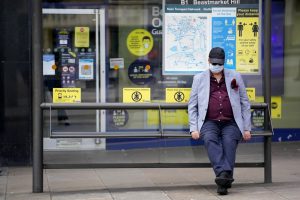
Covid cases could hit 200,000 a day in the UK this year and cause “major disruption” to the NHS, according to the scientist whose initial modelling helped shape Britain’s coronavirus lockdown strategy.
Prof Neil Ferguson said it was “almost inevitable” that Monday’s final phase of unlocking would bring on 100,000 daily cases, with about 1,000 hospitalisations – despite roughly half the UK being fully vaccinated.
Coronavirus infections in the UK are surging again and hospitalisations are on the rise, driven by the spread of the Delta variant and the partial lifting of restrictions. Nearly all restrictions are set to be discarded in England on Monday, including mask-wearing and social distancing mandates.
Some scientists have opposed lifting the remaining restrictions on 19 July, suggesting the government has decided to achieve “herd immunity” by effectively letting the virus run wild in young people, which they say will lead to disruptions in NHS care and education. This strategy would also lead to more people suffering from long Covid and raise the risk of new vaccine-resistant variants. Instead, they advise more people should be fully vaccinated before fully unlocking.
With a high rate of infections, even a small percentage of people being hospitalised and/or dying will still be a big number, scientists have stressed. Sage advisers expect 1,000 to 2,000 daily hospital admissions over the summer after the unlocking, and 100-200 deaths a day.
3 Pfizer Generated 10 Times More Antibodies Than Sinovac

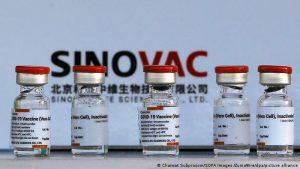
People who were inoculated with the Pfizer-BioNTech Covid-19 vaccine had ten times the amount of antibodies compared to those who had received the Chinese-developed Sinovac vaccine, a Hong Kong study has shown, likely offering evidence about the varying levels of protection offered by different Covid jabs.
According to the study published in The Lancet, the difference in concentrations of neutralizing antibodies “could translate into substantial differences in vaccine effectiveness.”
The study was based on samples collected from 1,442 healthcare workers working in medical clinics, public and private hospitals in Hong Kong.
The recipients of the Sinovac had “similar or lower” levels of antibodies compared to patients who had been infected by Covid-19 and had managed to fight off the disease, AFP reported.
The study only looked at concentrations of neutralizing antibodies—which are not the only measure of a vaccine’s effectiveness—and did not include any data on T cells and other potential markers of protection.
One of the report’s authors, epidemiologist Ben Cowling, told AFP that people should still get vaccinated with the Sinovac shot if that was their only option as it would still offer some protection, adding: “Don’t let the perfect be the enemy of the good.”
The Hong Kong study and other research from around the world suggest that vaccines using the mRNA technology—like Pfizer and Moderna—may offer more robust protection against the coronavirus and its variants compared to the more traditional inactivated virus shots. However, these viral vector vaccines are considered a critical tool for vaccinating most of the world are they are both cheaper and easier to produce and store.
4 Indonesia as Asia’s new Covid-19 epicentre
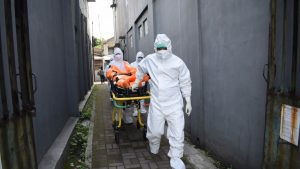
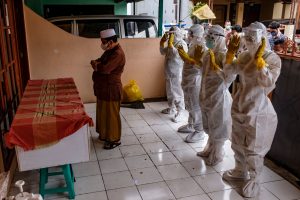
Indonesia reported over 50,000 new cases of Covid-19, a single-day now and dire warning sign for the world’s fourth-most populous country.
Some fear the situation may be worse than the numbers show, because not enough people are getting tested for the virus. A survey published on 10 July found that nearly half of the 10.6 million residents of Jakarta may have contracted Covid-19.
Experts say Indonesia is now reaping the costs of not implementing strict lockdowns nor investing enough in efficient contact-tracing systems. At first, authorities did not realize how quickly the virus had been spreading in this latest wave, Health Minister Budi Gunadi Sadikin previously told CNN.
Officials are worried that hospitals may not be able to cope with rising number of patients requiring hospitalization, especially as the more infectious Delta variant of the virus spreads.
“Every day we are seeing this Delta variant driving Indonesia closer to the edge of a Covid-19 catastrophe,” Jan Gelfand, head of the Indonesian delegation of the International Federation of Red Cross and Red Crescent Societies (IFRC), told CNN in late June as case numbers first began to increase. Since then the situation has only worsened.
State-run Antara News reported that 90,000 of Indonesia’s 120,000 hospital beds are now occupied. Prices of oxygen surged in late June, and now some hospitals appear to be running out.
5 Hajj in Mecca during the COVID pandemic
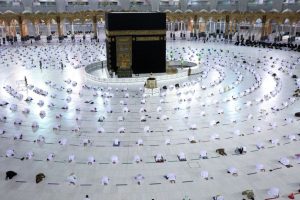
Tens of thousands of vaccinated Muslim pilgrims circled Islam’s holiest site in Mecca on Sunday but remained socially distanced and wore masks as the coronavirus takes its toll on the Hajj for a second year running.
Previously drawing some 2.5 million Muslims from all walks of life from across the globe, the Hajj pilgrimage is now almost unrecognisable in scale.
The Islamic pilgrimage lasts about five days, but traditionally Muslims begin arriving in Mecca weeks ahead of time. The Hajj concludes with the Eid al-Adha celebration, marked by the distribution of meat to the poor around the world.
This year, 60,000 vaccinated citizens or residents of Saudi Arabia have been allowed to perform the Hajj due to continued concerns around the spread of the coronavirus. It’s a far greater figure than last year’s largely symbolic Hajj that saw fewer than 1,000 people from within the kingdom taking part.
The Hajj is one of Islam’s most important requirements to be performed once in a lifetime. It follows a route the Prophet Muhammad walked nearly 1,400 years ago and is believed to ultimately trace the footsteps of the prophets Ibrahim and Ismail, or Abraham and Ishmael as they are named in the Bible.
6 Rugby League World Cup 2021 go ahead at pandemic


This year’s Rugby League World Cup will go ahead in October and November, despite recent speculation to the contrary.
With ongoing COVID dramas across the world – including right here in Australia – there was reason to believe that the tournament would have to be called off.
And while heavyweights Australia are yet to officially sign an agreement to travel to England later this year, tournament organisers confirmed on Thursday that the RLWC will continue as planned .
Chief Executive of RLWC2021 Jon Dutton admitted there are still plenty of challenges ahead, but the tournament will proceed.
“We recognise there are still many challenges ahead, but we will work relentlessly and will take the most extraordinary measures with the support of all involved to stage the tournament in 100 days time.
“Despite the adversity we have faced, we have never lost sight of our core purpose of making a positive impact on people’s lives.
With 100 days until the first game of the tournament at St James’ Park in Newcastle between host nation England and Samoa, there is plenty of excitement ahead.
The likes of Brian To’o and Josh Papalii have expressed their desire to represent Samoa over Australia, while recently-returned Dragons star Jack de Belin has opened the door to play for Papua New Guinea .



 COVID-19 Around the World3 years ago
COVID-19 Around the World3 years ago
 Cuisine Explorer4 years ago
Cuisine Explorer4 years ago
 Arabic2 years ago
Arabic2 years ago
 Cantonese - Traditional Chinese4 years ago
Cantonese - Traditional Chinese4 years ago
 Tagalog4 years ago
Tagalog4 years ago
 Uncategorized4 years ago
Uncategorized4 years ago
 Uncategorized4 years ago
Uncategorized4 years ago










